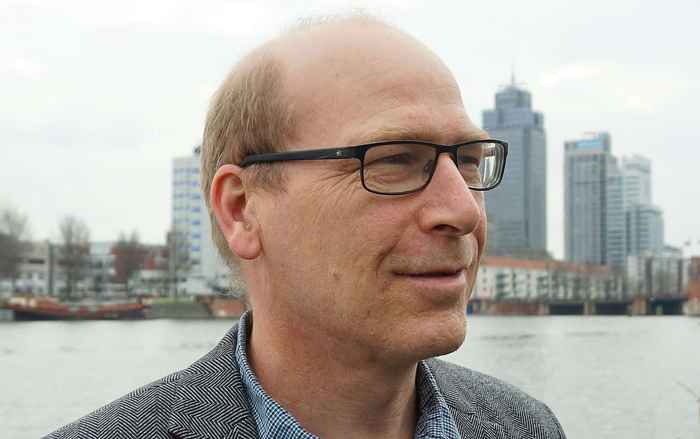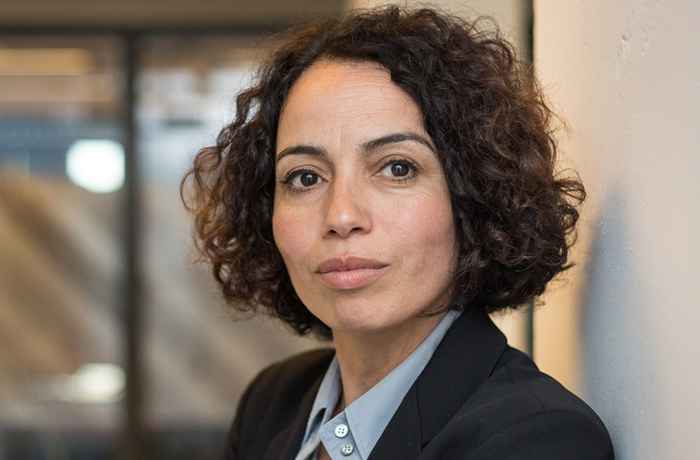ERC Advanced Grants for Han van der Maas and Amade M’charek
26 April 2022

Han van der Maas is professor of Psychological Methods. His project is entitled: Beyond the tipping point: Cascading transitions in the behavioural and social sciences
We all worry about the spread of conspiracy theories and the impact of addiction on people and society, and we are all amazed by the power of collective learning. These apparently very different processes share the same type of dynamics: ‘cascading transitions’, where individual transitions trigger or are triggered by social transitions. For instance, one teenager initiating a surge of smoking in her peer group.
The main objective of Van der Maas’s project is to reach an understanding of how these cascading transitions work, when they occur, how they can be prevented or triggered, and how they can be predicted. To meet this overall objective, Van der Maas and his group will develop a formal modelling framework and an empirical approach for the study of cascading transitions in psycho-social systems and then apply this methodology in three areas: 1) opinion change from individuals to populations and back, 2) learning, where progression and drop-out are embedded in collective processes, 3) addiction, where transitions to addiction or abstinence within individuals are part of cascading changes of substance use in populations as a whole.
This highly interdisciplinary project is expected to stimulate future scientific research on cascading transitions in other disciplines, such as climate research, and to have significant impact on practices in conflict management, healthcare, and education.

Amade M’charek is professor of Anthropology of Science. Her project is entitled: Vital Elements and Postcolonial Moves: Forensics as the Art of Paying Attention in a Mediterranean Harbour Town
Vital Elements is a study of life, in the context of migrant death. Since 2014, more than 23,000 people have drowned in the Mediterranean. They are usually referred to as border deaths. But in her project, M’charek moves the focus away from Europe’s border politics to instead regard the dead bodies in relation to life and sources of livelihood.
The project begins on the beaches of Zarzis, a coastal town in southern Tunisia, where for more than a decade the bodies of people who crossed the Mediterranean in hopes of reaching Europe have been washing ashore. M’charek’s project asks: How did these bodies end up here? She investigates how the lives of such people are made permanently unlivable. To this end, she is developing the method of 'forensics as the art of paying attention'. By bringing anthropology and forensic science together in this way, M'charek and her team can trace 'vital elements' and the relationships between them. Vital elements are resources that are critical to life and sustenance. Topics discussed include: the extraction of phosphates, fishing for sea sponges, the cultivation of tomatoes, the extraction of water and the disposal of industrial waste.
The project is innovative in three ways: (1) it contributes to a decolonial shift of attention from the “migration crisis” befalling Europe to the “chronic depletion of life” afflicting Africa; (2) it develops the method of forensics as the art of paying attention, allowing for ethnographic research into vital elements and their impact on life and death; (3) it develops the concept of vital elements to provide insight into what promotes life or contributes to death.